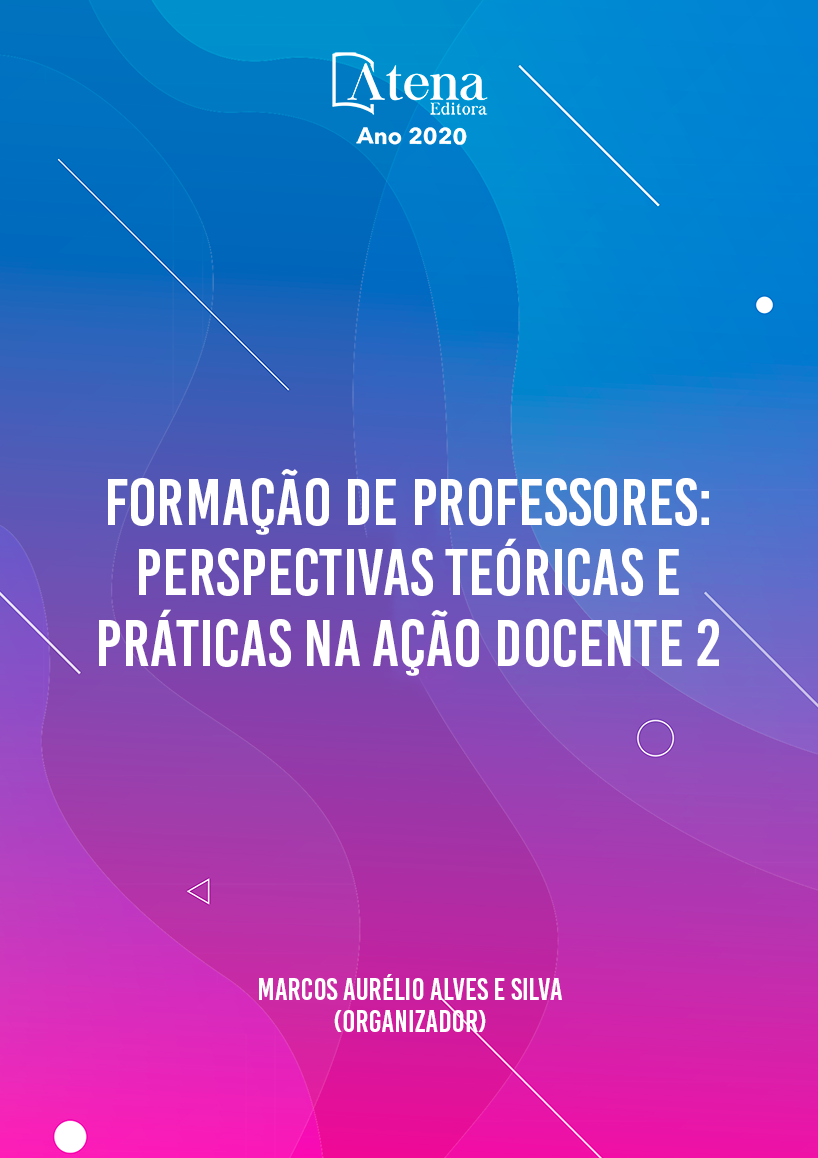
EDUCAR GENÉTICA: INSTRUMENTOS DIDÁTICOS PARA A FORMAÇÃO DOCENTE E O ENSINO DAS LEIS DE MENDEL
Devido a rápida e crescente propagação de conhecimentos científicos e tecnológicos, torna-se necessário promover atualizações dinâmicas do ensino, para garantir que os alunos tenham domínio de determinados conteúdos que compões o currículo escolar, mais especificamente no componente curricular Biologia. Desse modo, este trabalho tem como objetivo descrever aspectos metodológicos da elaboração do instrumento didático “Jogo da Memória: vamos estudar as Leis de Mendel? ”, como proposta de ensino de Genética, analisando suas contribuições para a aprendizagem de estudantes do ensino médio e formação docente de bolsistas do Programa de Iniciação à Docência – PIBID. O Jogo foi desenvolvido por licenciandos em Ciências Biológicas, bolsistas do PIBID, e aplicado com alunos da 3ª série do Ensino Médio Integrado ao Técnico do Instituto Federal do Piauí, Campus Teresina Central. O instrumento consiste em um baralho dividido em pares de cartas correspondentes, totalizando 10 pares, e um quadro de instruções. Aos estudantes foram dispostos questionários de pré-teste para averiguar os conhecimentos prévios acerca do conteúdo, e pós-teste a fim de avaliar a eficácia da proposta na aprendizagem dos mesmos. Participaram do pré-teste 68 estudantes com faixa etária variando entre 16 e 19 anos. O pós-teste foi realizado com 34 discentes voluntários, sendo estes alunos que participaram do jogo durante sua aplicação. Evidenciou-se a eficácia da utilização da metodologia de ensino e suas contribuições na aprendizagem dos alunos, e tornou-se claro que através do jogo os estudantes ampliaram o interesse pelo conteúdo da área de genética, e tornaram-se participantes de forma efetiva e dinâmica no processo, potencializando e melhorando a aprendizagem além de demonstrar que a elaboração e o desenvolvimento dessa proposta didática contribuiu para a formação docente dos bolsistas, que puderam vivenciar a prática de ensino.
EDUCAR GENÉTICA: INSTRUMENTOS DIDÁTICOS PARA A FORMAÇÃO DOCENTE E O ENSINO DAS LEIS DE MENDEL
-
DOI: 10.22533/at.ed.23420270711
-
Palavras-chave: Ensino de Biologia, Ensino de Genética, Jogo Didático, PIBID.
-
Keywords: Biology Teaching, Genetics Teaching, Didactic Game, PIBID.
-
Abstract:
Due to the rapid and increasing spread of scientific and technological knowledge, it is necessary to promote dynamic updates of teaching, to ensure that students have mastery of certain contents in the disciplines of Biological Sciences. Thus, this work aims to describe the development of a didactic game as a proposal for teaching Genetics, analyzing its contributions to the learning of high school students and teacher training of scholarship holders of the Program of Initiation to Teaching - PIBID. The “Memory game: are we going to study Mendel's Laws? ”Was developed by undergraduates in Biological Sciences, PIBID scholarship holders, and applied with students of the 3rd year of Integrated Technical Education to the Middle of the Federal Institute of Piauí, Campus Teresina Central. The game consists of a deck divided into pairs of matching cards, totaling 10 pairs, and an instruction board. Students were provided with pre-test questionnaires to ascertain previous knowledge about the content, and post-test in order to assess the effectiveness of the proposal in their learning. 68 students participated in the pre-test with ages varying between 16 and 19 years old. The post-test was carried out with 34 volunteer students, these being among the students who participated in the game during its application. The effectiveness of using the teaching methodology and its contributions in the students' learning became evident, and it became clear that through the game the students increased their interest in the content of the genetics area, and became effective and dynamic participants. in the process, enhancing and improving learning, in addition to demonstrating that the elaboration and development of this didactic proposal contributed to the teacher training of the scholarship holders, who were able to experience the teaching practice.
-
Número de páginas: 14
- Nayara Gonçalves de Sousa
- Larisse dos Santos Fernandes
- Marlúcia da Silva Bezerra Lacerda
- Francisco de Assis Diniz Sobrinho
- Vitória Beatriz Rocha Gomes


